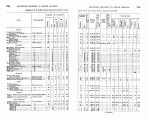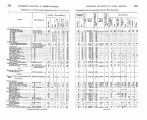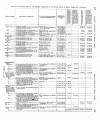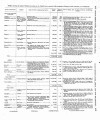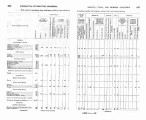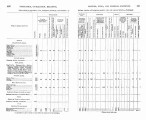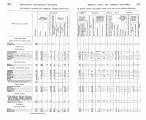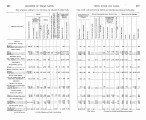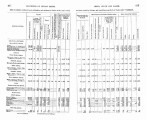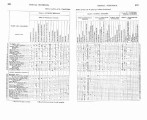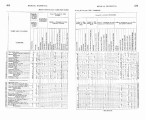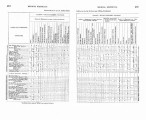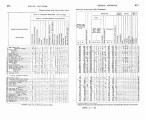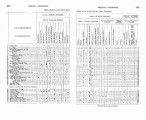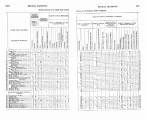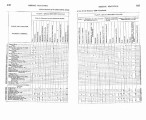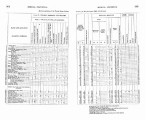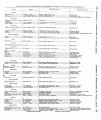| OCR Text |
Show CXLIV XEPOBT OF THE COFdMIASIONER OF INDIAN AFFAIRS. I am of the opinion that at no distant day the issue of rations, ex-cept, perhaps, to the aged and thesick, should be entirely discontinued. The h a b~otf depending upon the Government for food and clothing is and must continue to be, so long as it is kept up, a source of demoraliza-tion. Although these annuities are issued to the Indians in payment of lands pnrchaaed of them, the absence of the necessity of laboring and of purchasing from the fruit of their labor their food and clothing is very harmful, especially to the younger Tndians. The value of the rations should be given either in money or in some form that tends to stimulate labor, instead of discouraging it. They should be assisted to help themselves. In verv manv cases the eustom is still in voeue of reaui r in~th em to go long 2istan"ces after their food and clothing, thus entailigg an im-mense waste of time and encouraging a habit of vagabondism. Whole bauds and families often leave the% homes, the6 crops, and some-times their stock, behind them and go off long distances to the agency after rations, spending a large portion of their time either on the road going and coming or at the agency feast~ngan d dancing. It would be difficult to devise a scheme more demoralizing than this. At some of the agencies, among them Anadarko and Darlington, the habit is still kept up of issuing living cattle, allowing the Indians to olrase them over tile prairie in imitation of the buffalo hunt and to shoot them in the presence of their wives and children, and amidst the howling and yelliug of dogs; and then, of allom7ing the squaws to perform the filthy work of butchering, while the children and the dogs standabout apparently fiharing in the sport. It is needless to say that this bit of barbarism is a fearful hindrance to the work of civilization. Decided reform in this respecc is progressing. Twelfth. I desire to ask attention to two matters of special concern which call for Ccugressional action. The first is the desirability of an early ratification of all pending agreements made with Indians and a full compliance with the terms thereof. When Indians have ceded to the Government their lands for valuable eonsiderations they expect that the terms of the agreement will be complied with at once, and iu their ignorance of the methods of legislation they are unable to account for delay, and the progressive party of the tribe is often twitted by the nou-progressive with the taunt thd.t the Government is dealing falsely with them and that they are its dupes, aiid they cite the non-fulfillment of agreements in proof of the charge. There are now pending before Ooneress several such ag-r eements. which I hooe will receive favorable actign at an early day. - The second point ia that the preservation of peace and good order over the vast extent of territory now ocouuied by Indians can not be suocesfifully accomplished with 'the present-Indiai police force, as it is both too small and too poorly paid. I hare badoccasion to give special attention to this matter, and I have fcoud that the Indian police gen- , erally are obedient and faithful, buL that they lack in interest and en-thusiasm in their work because they are so poorly paid for it. They are required to furdish their own horses aud perform very arduous duty, and they receive the insignificent sum of $10 per month. The War Department has authority for the eulistment of 1,000 1:n- - dian scoots, each of whom receive $13 per month, besides food and elothin-e and in addition a daily allowance for the use and feed of their horses. Our Iudiau poli~cmeo'oom~lairue ~.,yju stly of tllepcat diapnr-ity between their pay and thatof the ~ ~COI I I iS~, ndot'tenti~ntehse y leave the employment of tbeagescy and euter the Ammy aimply for the sake |










































































































































































